
LOCAL PRODUCTS
09-12-2020 by Leni Frau
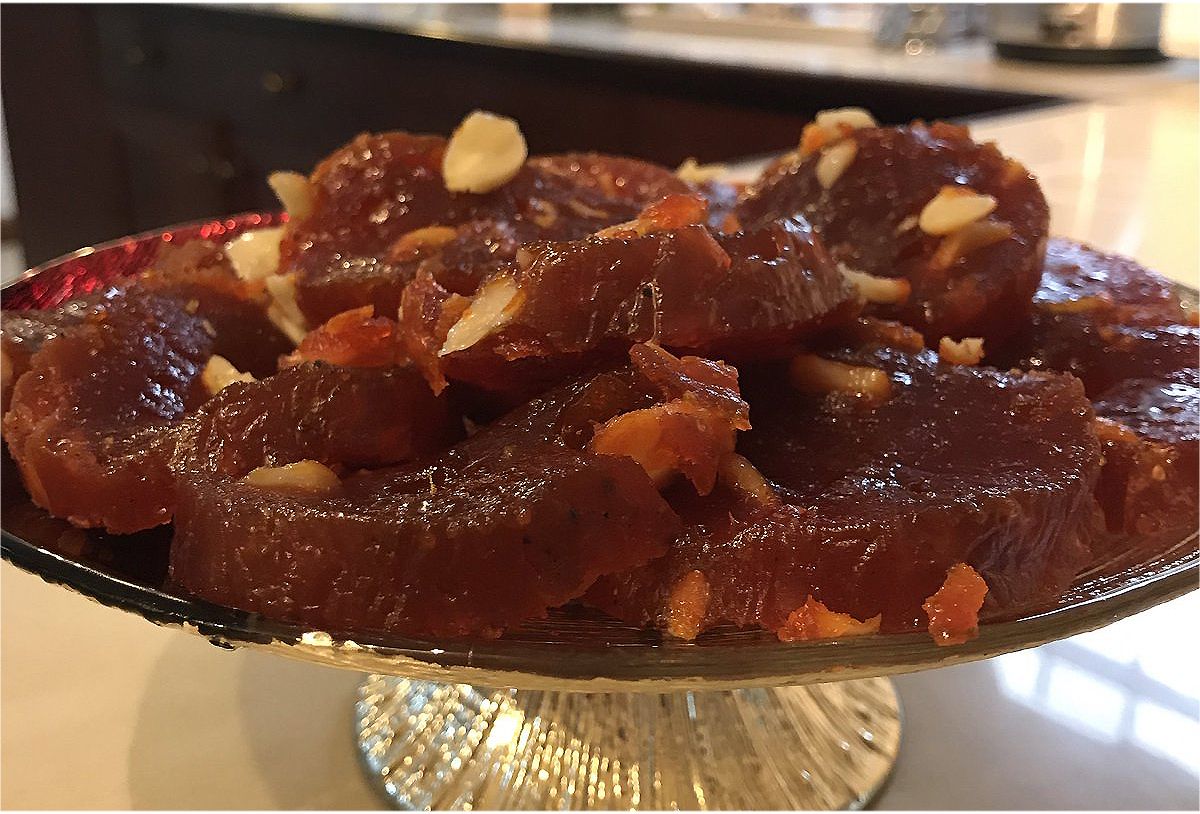
If you are a sweet tooth, you cannot miss the ecstasy of tasting Halwa.
Its name derives from the Arabic word "helw" which literally means sweet, it is a really delicious dessert that is widespread throughout the Middle East, Asia and some African countries.
The customs of the Kenyan coast derive from an intriguing and thousand-year-old history of interchanges with the whole Indian Ocean region starting from the Arabian Peninsula and the Persian Gordium. Arab sailors from Oman used to carry halwa, for long Indian Ocean crossings to Tanzania and Kenya, preserved in palm leaf containers preserving it and keeping it edible for several months.
With the arrival of Arab traders, the habits and customs of their culture, including gastronomy, took root.
This tradition has been handed down from generation to generation and even today, along the entire Kenyan coast, it is still possible to enjoy this special dessert from such distant origins.
Halwa is a gelatinous, calorie-rich and dangerously addictive dessert.
The aromas of cane sugar, the floral notes of rosewater and the scent of cardamom permeate the air of hidden alleys from Lamu to Malindi, from Mombasa to Stone Town. Other fundamental ingredients are tapioca starch, which gives it a velvety texture, honey or sugar in large quantities, clarified butter, saffron for its reddish colour and sometimes almond or sesame seeds as a garnish. Excellent to accompany with a cup of bitter black coffee or spicy tea, as is still the custom in some typical Mombasa restaurants.
Halwa is very popular and appreciated for all important occasions and celebrations such as weddings and birthdays but especially during fasting periods during Ramadhan as a small amount restores sugar levels and restores energy.
It can be served in large aluminium trays to share with all diners or in small portions for easy distribution, although originally, as sailors from Oman used to do, it was put in a small woven basket called Kitalifa.
Also in Malindi there are two shops where it is produced and sold take-away, usually wrapped in oiled paper sheets. HALWA ASLI is located in the Shella district, BAWALY'S HALWA is just a few metres from the famous Piazzetta del Cambio.
There are myths and superstitions related to this dessert, some say that it is the favourite meal of evil spirits that make those who consume it to be possessed, others say that the main reason why Halwa is served during weddings is to divert attention from the bride and groom through its immense sweetness and not to be so afflicted by the evil eye and envy.
We, at most, can say that eating it hot with a scoop of vanilla ice cream can be addictive!
PLACES
by redazione
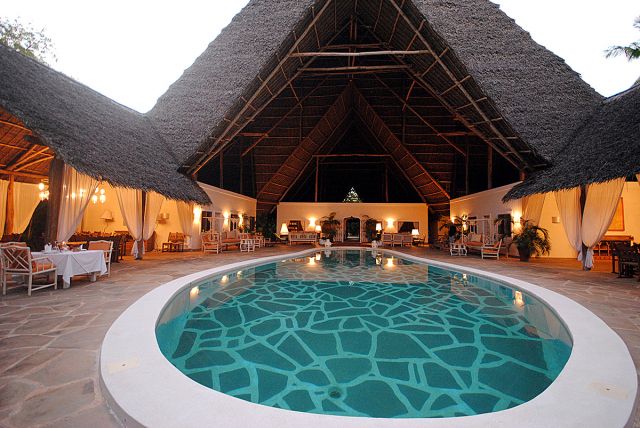
Within the International Week of Italian Cuisine promoted all over the world by the...
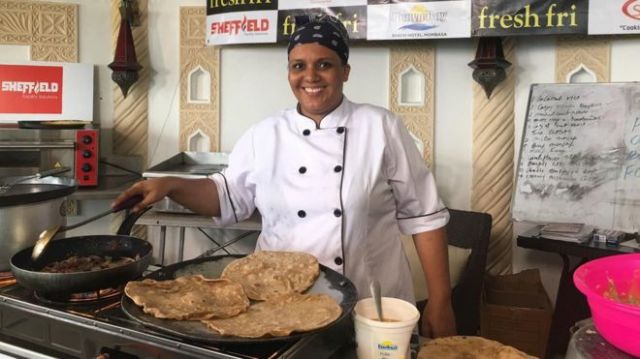
She trained for six months and when they saw her seriousness, competence and above all endurance, many...
NEWS
by redazione
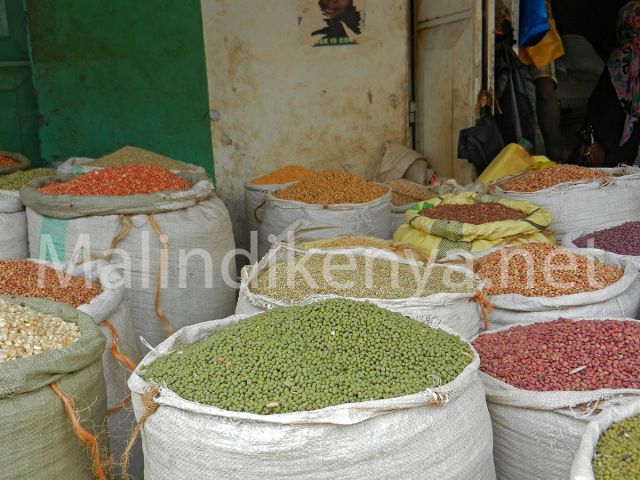
The Ministry of Trade and Industry of Kenya has decided to close all shops selling retail products or materials...
EVENTS
by Leni Frau

A feminine aperitif, fun, light and also a bit spicy, the one proposed by the Osteria Town in Malindi...
EVENTS
by redazione
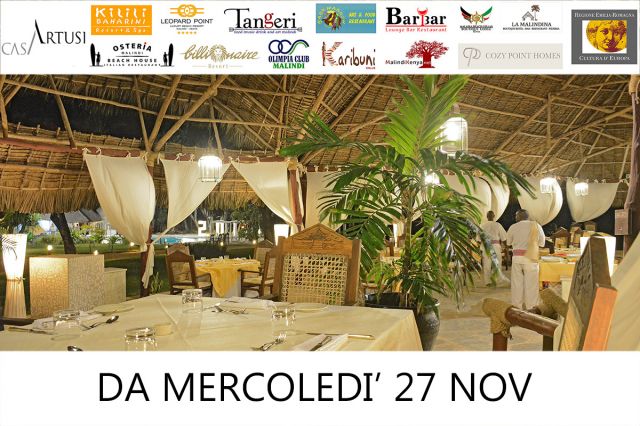
The Kilili Baharini Resort & SPA, historic buen retiro on the beach of Silversand in Malindi, is one ...
WORLD WEEK OF ITALIAN COUSINE
by Leni Frau
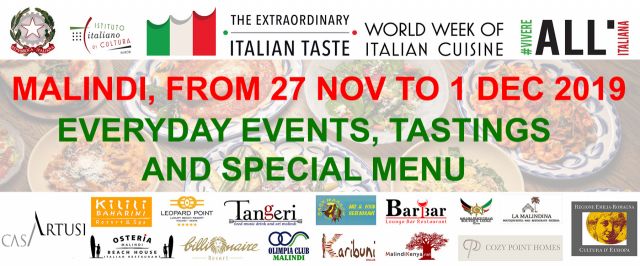
Countdown to the international week of Italian cuisine in the world, the World Week of ...
EVENTS
by redazione
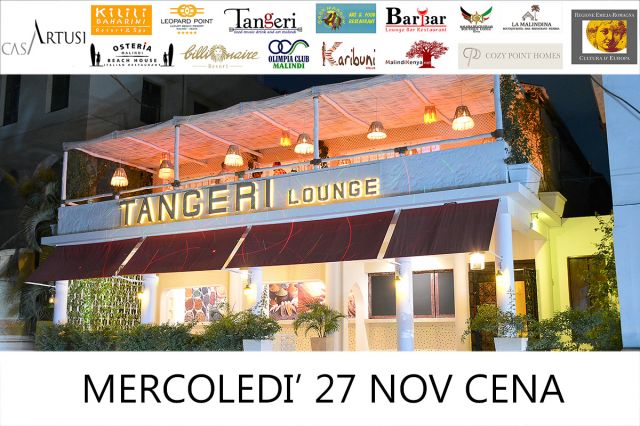
The new management of the Tangeri Lounge, a restaurant with a terrace on the...
PLACES
by redazione
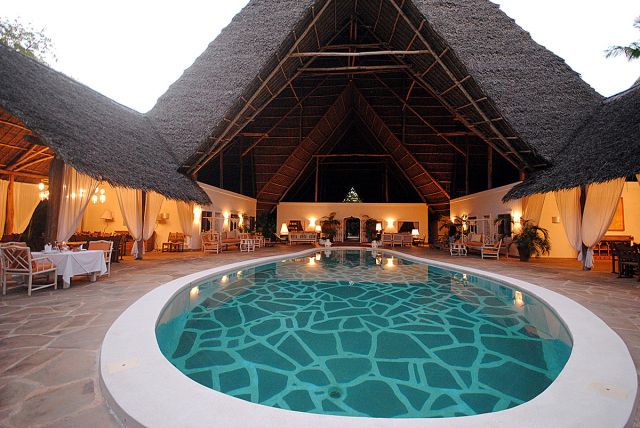
On Friday evenings in September, the historic and renovated hotel-restaurant La Malindina, Malindi's special lounge, offers...

The Malindi International Airport will have an Italian bar and restaurant.
The airport, which is on its way to being able to soon accommodate flights coming directly from foreign countries, has also included in its expansion plan the opening of...
EVENTS
by redazione
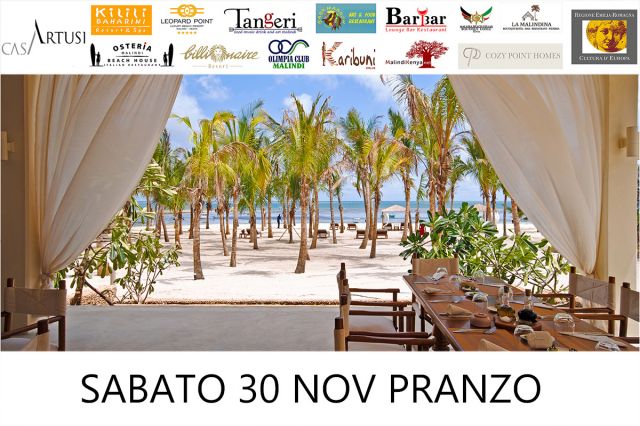
The prestigious Billionaire Beach Restaurant of Flavio Briatore, on the beach of the ...
EVENTS
by Leni Frau
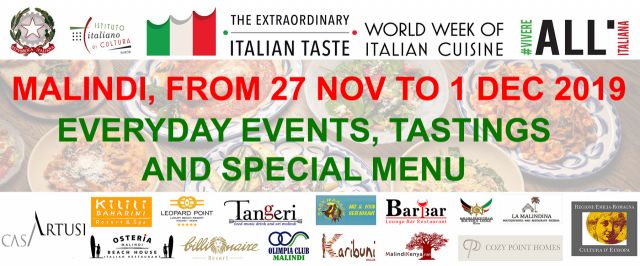
Some will prepare a homemade tart with organic fruit jams produced by hand, some will bring...
TOURISM
by Freddie del Curatolo
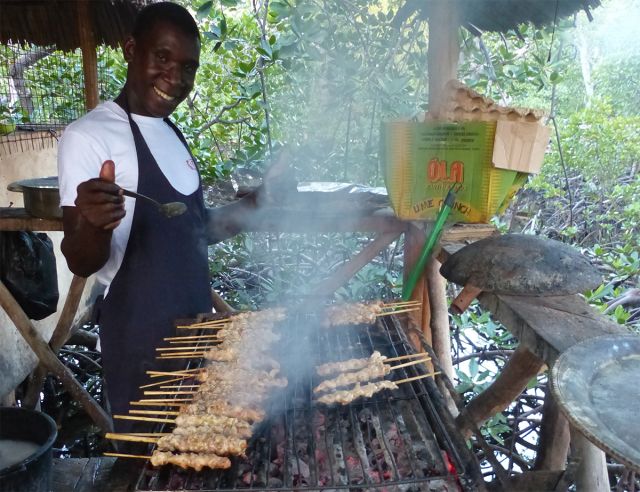
In recent years, food tourism has grown considerably worldwide.
This is...